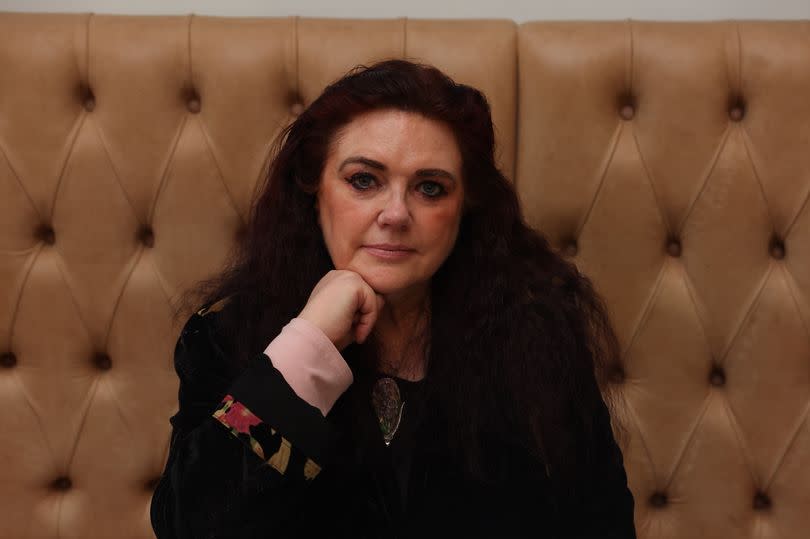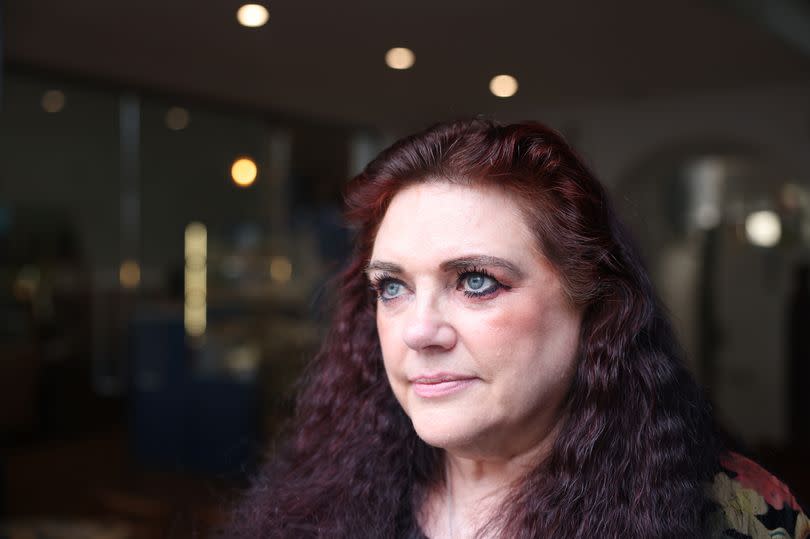Blood scandal campaigner hopes final report into NHS nightmare will bring accountability - 'but it's not about vengeance'

For the best part of 40 years, Carol Grayson has fought for justice for those - like her family - hit by the contaminated blood scandal.
On May 20, the independent, statutory, Infected Blood Inquiry and its chair Sir Brian Langstaff will deliver its final report - taking into account years of evidence. Looking ahead, Carol, from Jesmond, hopes the report will hold those responsible for what's long been known as the NHS's "biggest ever treatment disaster" to account, but she said she's not looking for revenge.
Carol's husband Peter Longstaff died in 2005. He was a haemophiliac who had contracted HIV and Hepatitis C through contaminated blood products, like hundreds of others. Years earlier, Peter's younger brother Stephen died in the same way.
Read more: Jesmond blood campaigner's fury after Sir John Major called scandal which killed husband 'bad luck'
First with Peter and then, following his death in awful circumstance, on her own, Carol has pushed harried politicians and pushed the media to take notice of what happened. Peter and Stephen, like many haemophiliacs, were given contaminated blood products and not told of the risks by doctors when they were just children.
In Peter's case, he was also studied as part of a trial at the specialist Lord Mayor Treloar's school in Hampshire, without he or his parents being told of the risks. They were told his treatment would "do nothing but good".

The Government has over the past year been criticised for not implementing recommendations made in an unprecedented interim report issued by Sir Brian, in which he said an arms-length body to deliver full compensation should have been set up. Last spring, Sir Brian said “no time must be wasted in delivering redress”.
Carol told ChronicleLive what she wanted from next month's report. She said: "I want to see a proper history and a proper timeline - and I want to see accountability. Perhaps this is strange, but I don't want vengeance, but I am looking for accountability. People need to be called out for where they got things wrong and things need to improve going forward so that people aren't put in the same position and put at risk in the same way again.
"I want to see proper compensation for everyone, too. It needs to be straightforward, though [registration for any compensation scheme] can't be too light touch. And going forward, I want to see patients more involved in hospital decisions. There's a lot that can be learned. There are still clinicians up and down the country who don't know the true story."
In December, the House of Commons defeated the Government to ensure ministers must establish a body to administer the full compensation scheme within three months of the Victims and Prisoners Bill becoming law. Officials have now confirmed that, if the Bill is passed, an arm’s-length body to deliver compensation will be set up as soon as the legislation receives royal assent.
A Government spokesman said: “This was an appalling tragedy, and our thoughts remain with all those impacted.
“We have consistently accepted the moral case for compensation, and that’s why we have tabled an amendment to the Victims and Prisoners Bill which enables the creation of a UK-wide Infected Blood Compensation Scheme and establishes a new arm’s-length body to deliver it.
“We will continue to listen carefully to those infected and affected about how we address this dreadful scandal.”

 Yahoo News
Yahoo News 
